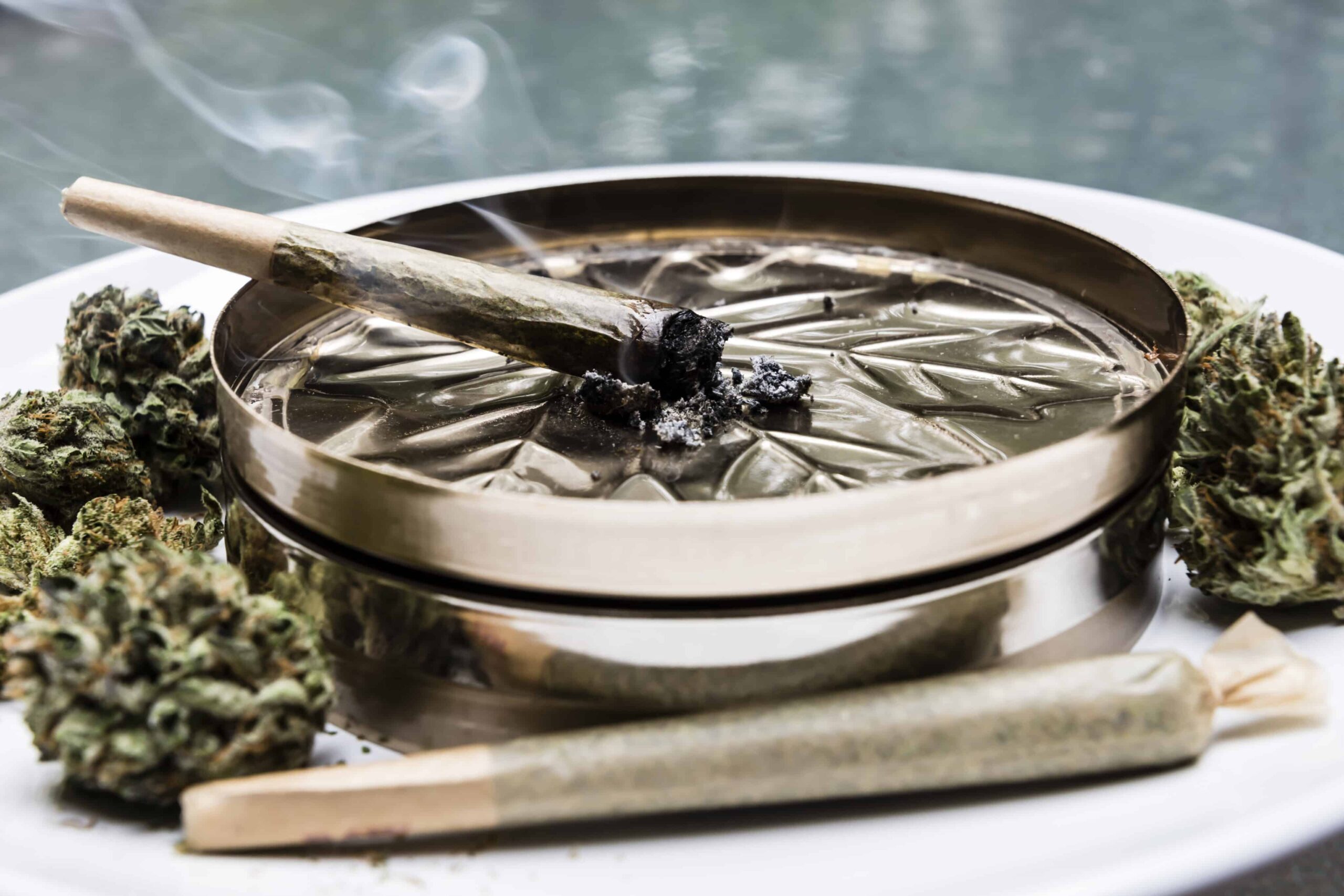
Oklahoma activists prepare to legalize recreational pot
Oklahoma voters will go to the polls Tuesday to vote on State Question 820, a voting measure that would legalize recreational marijuana statewide. If passed, the initiative would legalize cannabis possession for adults 21 and older and create a framework to regulate the recreational marijuana industry in the state.
Cannabis activists had hoped that State Question 820 (SQ 820) would appear before voters in the 2022 general election, but delays in certifying the measure prevented the initiative from appearing on the ballot last November. In October, Oklahoma Gov. Kevin Stitt announced voters would go to the polls on March 7 to decide the fate of the measure.
As activists prepare for Tuesday’s election, Michelle Tilley, campaign manager for the Yes to 820 campaign, says the cannabis legalization measure will give voters “a chance to reject the reefer madness-style fear-mongering being pushed by our opponents and instead support reform that will make our state more prosperous, fairer and more secure.”
“We’re working hard to get the last ‘yes’ in the state on the phone, on the doorstep, or in the media,” Tilley wrote in an email to High Times. “We are confident that when Oklahomans vote, the majority of those who support common sense legalization will prevail.”
Vote on SQ 820 postponed by Oklahoma Supreme Court
In July, the group Oklahomans for Sensible Marijuana Laws submitted petitions with signatures from more than 164,000 voters in favor of the legalization initiative, far exceeding the number needed to qualify to vote. But the secretary of state’s office, which used a new system to verify signatures, took much longer to certify signatures than in previous elections, leaving too little time to include the question on the November ballot, according to election officials.
The campaign for SQ 820 challenged the decision to postpone voting on the initiative, arguing the group had complied with all government orders and met deadlines for submitting the proposal to state officials. But last month the state Supreme Court upheld the election officials’ decision, ruling that the measure would not be included on the ballot for next month’s midterm elections.
“There is no way to mandate the inclusion of SQ820 in the ballot for the November 2022 general election,” Justice Douglas Combs wrote in the majority opinion. “SQ820 will be elected by the people of Oklahoma, either in the next general election after November 8, 2022, or in a special election designated by the governor or legislature.”
Special election announced in October
In October, Oklahoma Gov. Kevin Stitt announced that he would call a special election for SQ 820 on March 7 to finally give state voters a chance to decide whether to legalize recreational marijuana. Since then, activists have been preparing the vote with public calls to rally support for the measure. On February 27, retired Army officer Jay Williams asked voters to approve the ballot initiative, saying SQ 820 would help military veterans cope with the ongoing negative effects of their service.
“I proudly served this country to protect our freedom,” Williams said in an ad for the campaign. “But for many veterans, that pride comes at a price: PTSD. Oklahoma veterans do not have access to medical marijuana through the VA, so they suffer or risk harsh punishment, even prison. That’s wrong. Yes to 820 means increased access to medical marijuana for Oklahoma veterans and it reduces punishment for minor marijuana offenses and increases drug treatment to transform lives.”
If voters approve SQ 820 on Tuesday, the voting measure would legalize cannabis for adults 21 and older. The initiative would task the state’s existing Oklahoma Medical Marijuana Authority with drafting and implementing rules to regulate the new recreational cannabis industry. The measure also includes provisions that allow people with prior convictions for some marijuana offenses to petition courts to have their criminal records erased.
SQ 820 would set a 15% tax on sales of recreational marijuana, more than double the 7% tax rate levied on sales of medicinal cannabis. Taxes generated from the sale of recreational cannabis would be split between the state income fund, local governments that allow licensed cannabis companies to use cannabis in their jurisdictions, the state court system, school districts and drug treatment programs.

Post a comment: